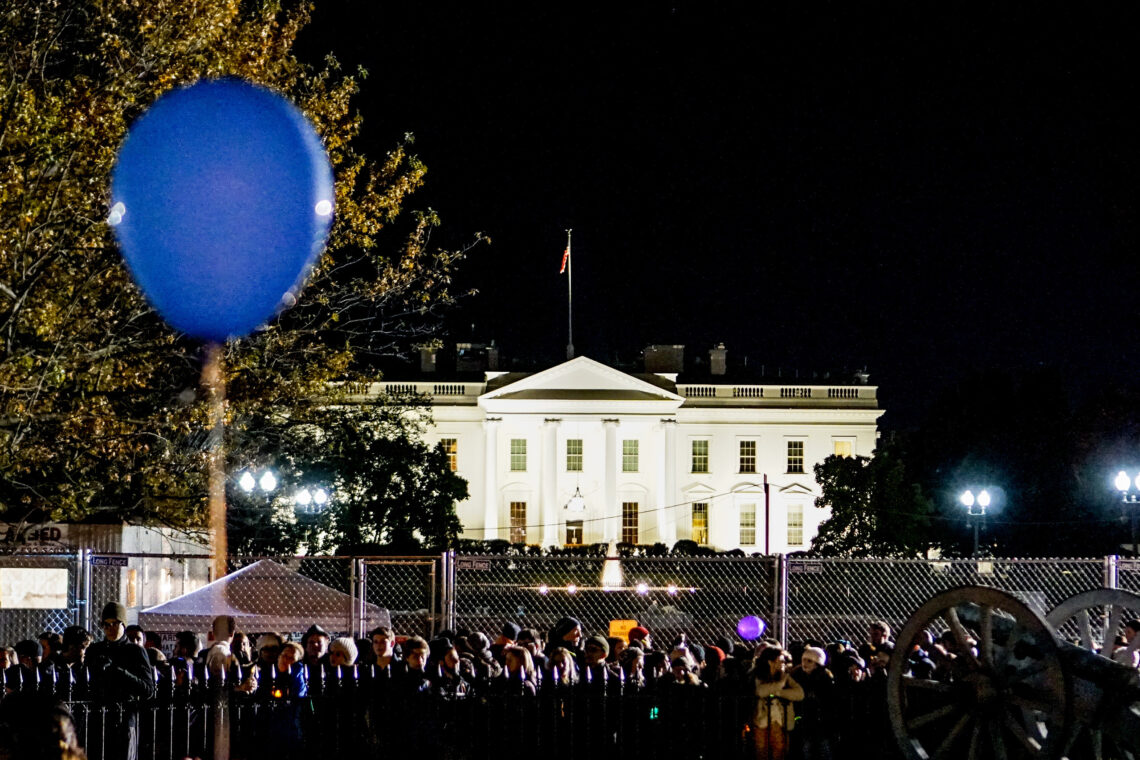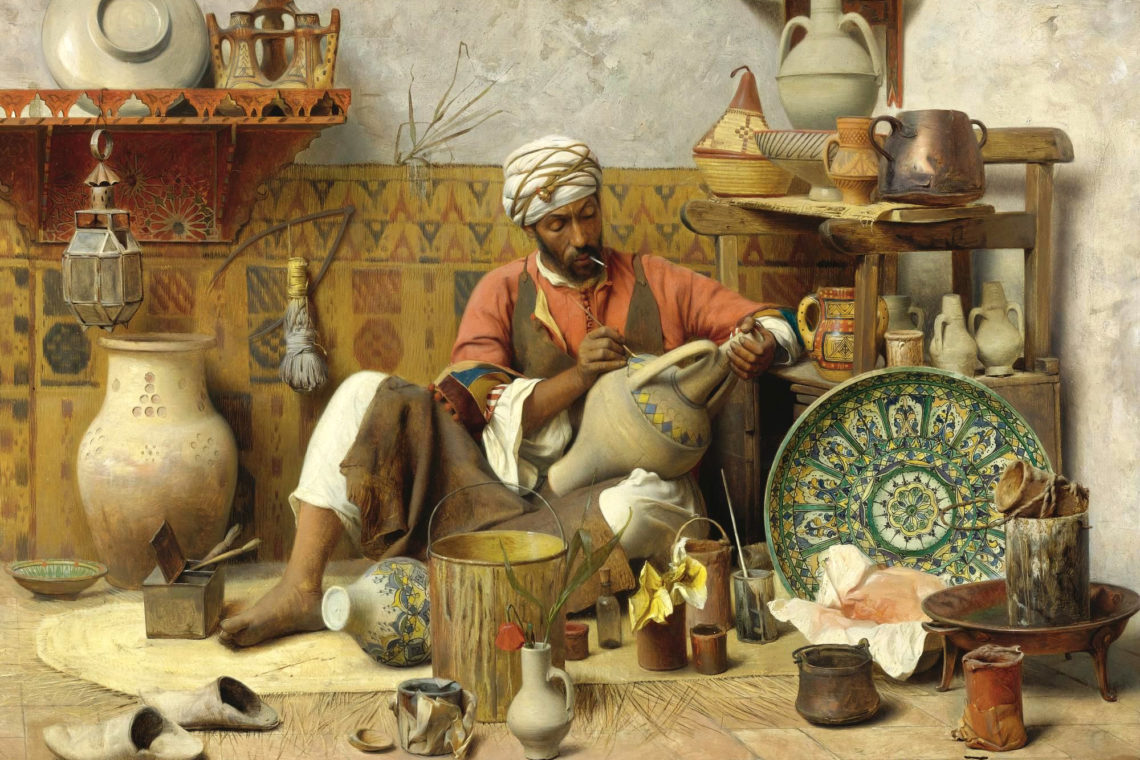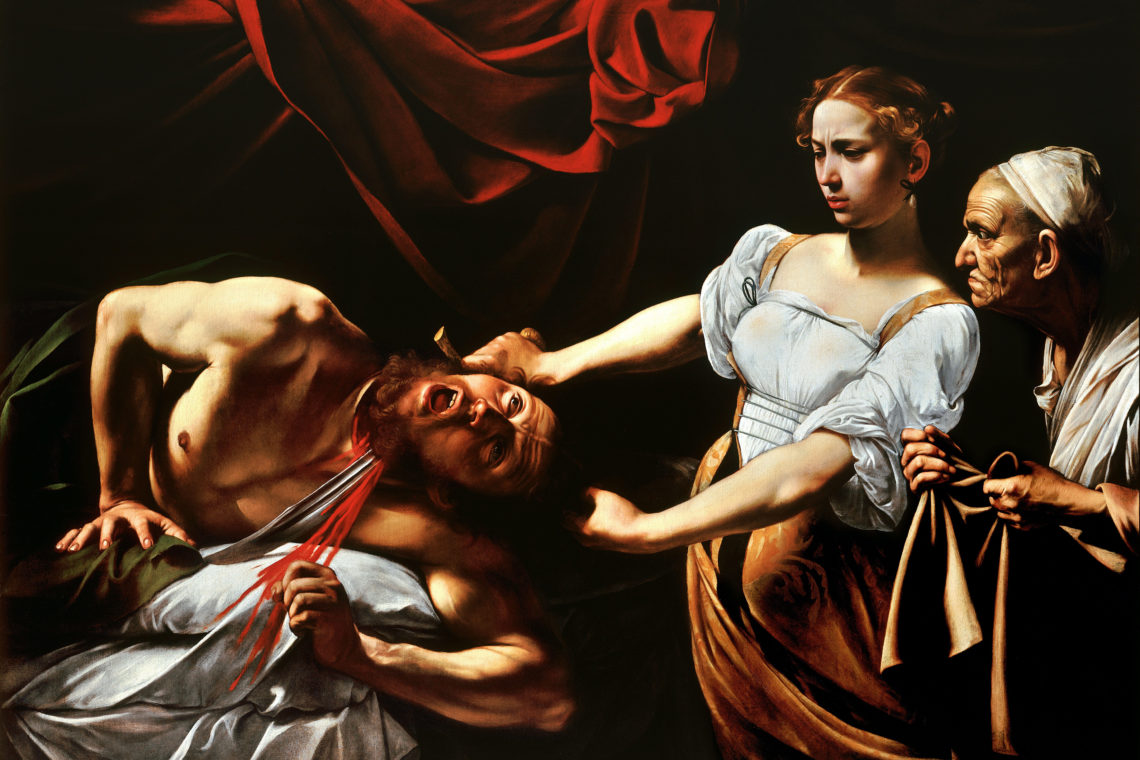From the spring of 1989 to Christmas 1997, I spent seven wonderful years living in Morocco. I had gone for a three month sabbatical, to be somewhere quiet to write a book. A Moroccan friend in New York had sent me to stay with his mother-in-law who lived alone in a lovely house in the medina of Marrakesh. I enjoyed life there so much, writing in the fountain-filled courtyard, meeting family and neighbors, and exploring the fascinating red desert city, that I decided I wanted to live in Morocco.
I found my own home in the Medina, and to pay my rent while I was writing, I worked at a variety of jobs that included teaching English, being hostess in a Moroccan restaurant, writing for local newspapers, and at the end of my stay in 1996, working as location assistant with Martin Scorsese on his movie “Kundun,” shot in Ouarzazate. In between these jobs, I traveled all over Morocco, from Tangiers to the Sahara, stopping at all the out-of-the-way places on the way that took my fancy.
On returning home to the US, I missed life in Morocco so much that I’ve been constantly writing about it, to keep the memories alive: articles, essays, Fodor’s Guide to Morocco, Escape to Morocco, and most recently, Zohra’s Ladder & Other Moroccan Tales, a book describing my travels and encounters with people from all walks of life, from all over the country.
In June of 2005, I went back to Morocco with the intention of sharing this new book with the people who had inspired it, to give readings and lectures in Rabat and Casablanca at the British Council and the American Embassy, and at Kssour Agafay, a new cross-cultural center in Marrakesh.
At these readings, attended by students, professors, writers and the general public, I was at first pleasantly surprised to hear they had searched the Internet for information about me and my writing. I saw my book simply as one that contained affectionate and truthful memories of people and places; nothing that would disturb. I was wrong. I quickly became aware of a certain mistrust, which in my eagerness, I hadn’t prepared for. Fortunately, from my years in Morocco I had acquired a good deal of diplomacy, humility and patience, so I answered their questions with careful yet truthful answers:
§ How could I, a foreigner, understand and describe life in Morocco? My response: I had lived among Moroccan people for seven years, I had listened and watched rather than impose my way of doing things. I had learned to speak enough Moroccan Arabic to have simple conversations, and to prove this, I spoke a few sentences which brought smiles of surprise to their faces.
§ Why had I put a picture of a woman’s naked back in the hammam on the book’s cover? Didn’t I know that Moroccan women don’t put henna on their backs? What could I possibly know about the hammam? My response: Both henna and the hammam have become popular in the West, and as with all things cultural everywhere, they have been adapted. It was a compliment. Also, I had been taken to the hammam at the beginning of my stay in Morocco, and after that had gone every week. I even knew the words saboon bildi, keess, rhasoul, and tayeba!
§ One of the titles of the stories, “Vodka with the Caid,” went against their Muslim sensibilities. My response: I asked if there was anyone in the audience who knew someone who drank alcohol. They all nodded. I asked if they thought that person was bad. They shook their heads, and reluctantly smiled. I explained how kind the Caid had been to me during my stay, and that religion was a private matter and that the main thing was he was a good man. I also said that I’d met several Moroccans living in America who said that they can be better Muslims there because there are many religions and each person is left alone to practice the way he feels. Because of its size and influence, Americans have been forced to look at themselves, and have become so good at it, they criticize themselves to a fault.
These initial questions were asked to test me. With my answers, I dispelled the mistrust and the discussions that followed were open, often humorous, and lengthy. In them, I sensed myself being a vital bridge between east and west. In living in their country, I had had to see myself in a Moroccan mirror; something that was well worth the trials and tribulations. Now, I was holding up a mirror to them, one they weren’t accustomed to seeing themselves in, but which helped them accept what they see as their “flaws” as well as their obvious qualities. At the end of one of the discussions, one young lady, head of the personnel department at an international Hotel in Casablanca, the most anxious at first, was so impressed she asked if I’d come to the hotel the following day to speak to her employees in the same way.
While I was in Rabat, I was invited by Mr. André Azoulay to meet him in the Cabinet Royal. There, I dedicated copies of my books to both him and to His Majesty, King Mohammed VI. A few weeks after my return to the US, I received a wonderful letter from His Majesty in which he thanked me for my kindness and for the fascinating insights I gave readers into life in Morocco.
My love of Morocco as it was when I lived there—a beautiful unspoiled country with tolerant and hospitable people—will remain with me always. However, this does not blind me to the current political and religious climate. The Muslim world is promoting denial about Islamic fundamentalism, focusing instead on how Arabs and Muslims see America and the West, with little focus on how Arabs and Muslims see themselves, and their own responsibility to speak up for a peaceful Islam.
Morocco is a country of dramatic contrasts and contradictions, which the Moroccans have always naturally integrated. However, it is now divided into opposites that are not integrated: fundamentalism and modernism are now side by side like the brand new Mercedes cars and the scraggy mules I was accustomed to see every day without thinking twice. Like the Moroccans, I am very concerned about these dangerous opposites. Talk of the similarity with the devastating situation that occurred in Algiers in the 1990s, when the same democratic/fundamentalist opposites split the country apart, is commonplace. Even King Mohammed VI, in an effort to keep things from boiling over, has set up a daily radio program aimed at countering the influence of Islamic extremists who are seen tarnishing the image of Islam.
Moroccans in my experience like to take their changes slowly, and have for long been known as the most moderate and tolerant people of the Islamic countries. I am hoping against hope that this tendency will prevail and that the country will find ways to assuage the hatred of the West by its poor, unemployed and underprivileged. These groups are incited to thoughtless and useless violent action against both their fellow countrymen and foreigners. Part of the reason for this is the gradual disappearance of the traditional communities that were close-knit and provided sustenance, both material and moral, to those in need.
I am reminded of one of my mother’s expressions: When all around are losing their heads, don’t lose yours. In other words, take responsibility for your own actions. I am also reminded of the words of President Kennedy during his inaugural speech: Think not what your country can do for you, but what you can do for your country. The same idea can be applied to Islam. And as it happens, few people know that JFK’s words were taken from a book by Khalil Gibran.
In conclusion, I would like to thank the Moroccan people for all that they gave me during the seven years I lived in their country. If my writing and books can serve them as a constructive mirror for their traditions and culture, then my debt will have been partly repaid.




Comments are moderated by the editor and may not appear on this discussion until they have been reviewed and deemed appropriate for posting. All information collected is handled in a manner consistent with our privacy policy.